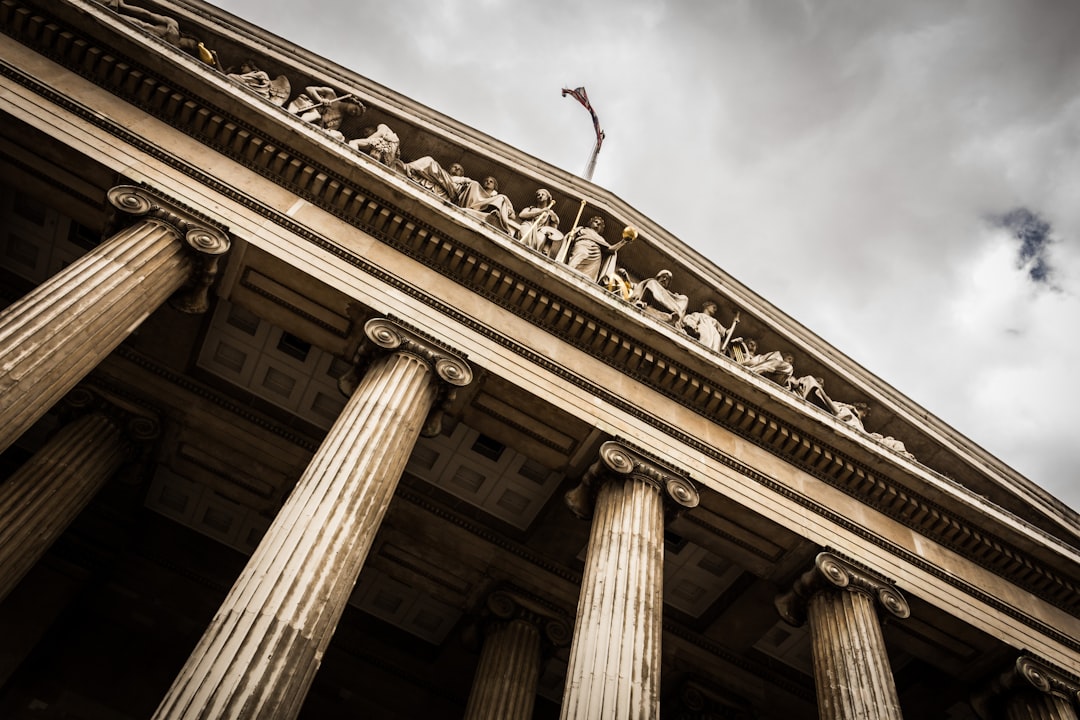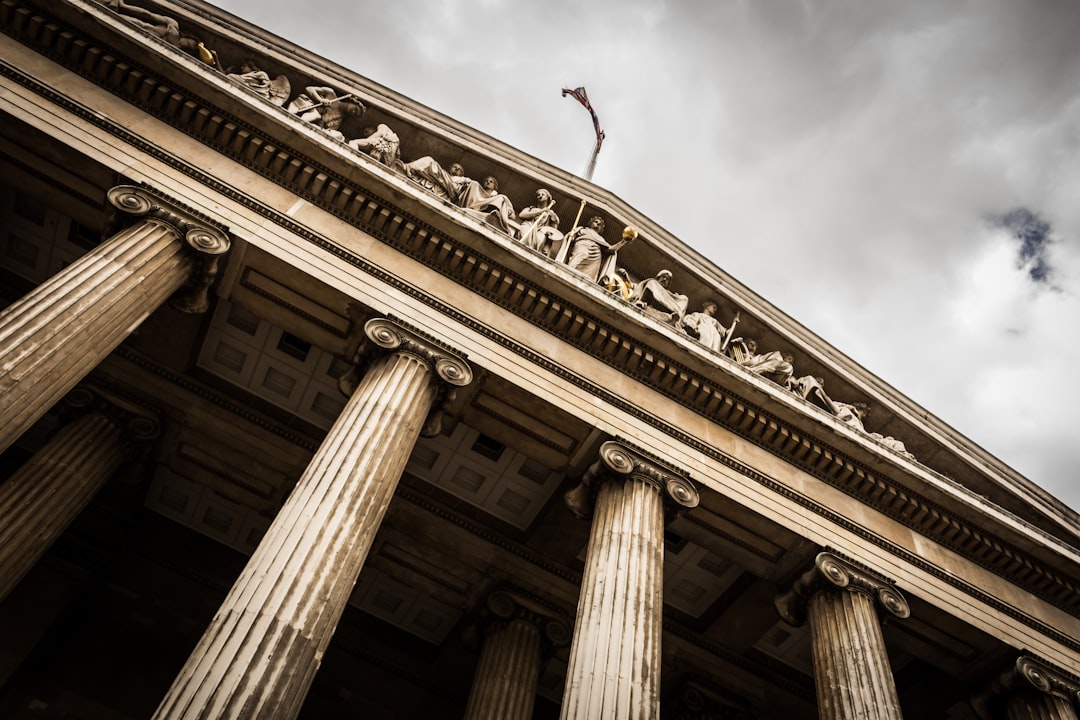In Pennsylvania, a robust legal framework and stringent regulations protect students from sexual abuse. Schools are mandated to implement comprehensive policies against harassment and assault, train staff, and designate handlers for incidents. A sexual abuse attorney in Pennsylvania assists institutions in adhering to these regulations. Educational institutions take proactive measures like mandatory training, sex education, collaborations with law enforcement and attorneys, on-campus counseling, and community partnerships to prevent and address sexual abuse, fostering a supportive environment for long-term healing.
In Pennsylvania, the prevention of sexual abuse within educational institutions is a critical issue, prompting schools to implement stringent measures. This article explores the multifaceted approach adopted by Pennsylvania schools to combat this pervasive problem. We delve into the legal framework and policies that shape their responsibilities, examine their roles in victim support, and highlight available resources for both victims and their families. Understanding these efforts is crucial, especially for those seeking guidance from a sexual abuse attorney in Pennsylvania.
Legal Framework and Policies: Understanding the Laws and Regulations in Pennsylvania

In Pennsylvania, the legal framework surrounding sexual abuse is robust and aims to protect students. The state has stringent regulations in place that mandate strict protocols for schools to follow in the prevention, reporting, and response to sexual misconduct. These laws are designed to create a safe environment for learners and hold institutions accountable. For instance, the Pennsylvania Department of Education requires schools to have comprehensive policies against sexual harassment and assault, ensuring a clear understanding of student rights and consequences for perpetrators.
Schools must also appoint designated staff members to handle and report such incidents, often involving a school administrator or counselor acting as a point of contact. Furthermore, legal implications for non-compliance are severe, with potential fines and litigation, encouraging institutions to take these matters seriously. A sexual abuse attorney in Pennsylvania can guide schools through these regulations, ensuring they meet their obligations to students under the law.
Educational Institutions' Roles and Responsibilities in Prevention

Educational institutions play a pivotal role in preventing and addressing sexual abuse, especially for students under their care. Schools, colleges, and universities across Pennsylvania have implemented various policies and programs to create safer learning environments. These institutions are responsible for establishing clear guidelines and protocols to identify and report incidents of sexual misconduct. This includes mandatory training for staff and faculty on recognizing signs of abuse and appropriate reporting procedures.
Furthermore, many Pennsylvania schools are integrating comprehensive sex education into their curricula, promoting open discussions about consent, healthy relationships, and personal boundaries. Such educational initiatives aim to empower students with knowledge and skills to protect themselves and foster a culture of respect and understanding. By collaborating with local law enforcement and sexual abuse attorneys in Pennsylvania, these institutions ensure that survivors receive the support and justice they deserve while holding perpetrators accountable.
Support Systems and Resources for Victims and Their Families

Many schools in Pennsylvania are equipping themselves with robust support systems and resources to address and prevent sexual abuse, offering crucial aid to victims and their families. This includes specialized counseling services accessible on campus, designed to help students process trauma and restore a sense of safety. Additionally, schools collaborate closely with local community organizations and mental health professionals to provide ongoing support beyond the school environment. These efforts aim to create a holistic network that supports both immediate recovery and long-term healing for survivors.
A key aspect of these initiatives involves educating not just students but also parents and caregivers about recognizing signs of sexual abuse, understanding consent, and promoting healthy relationships. Workshops, informational sessions, and resources readily available online equip individuals with the knowledge to identify potential issues and take appropriate action. Moreover, schools facilitate open communication channels, ensuring that victims feel empowered to speak out and seek help without fear of judgment or retaliation, assisted by dedicated professionals including trained sexual abuse attorneys in Pennsylvania who can guide them through legal rights and options.




